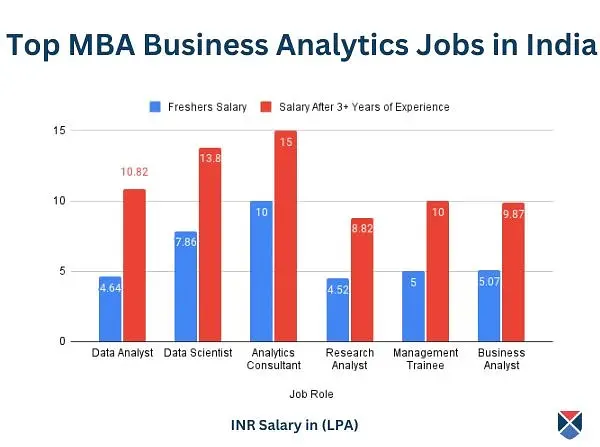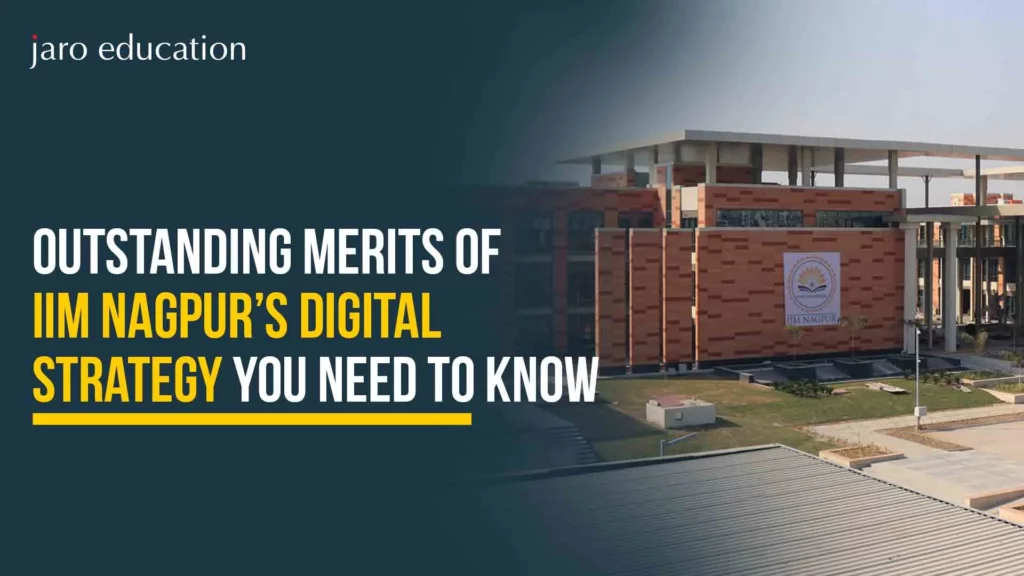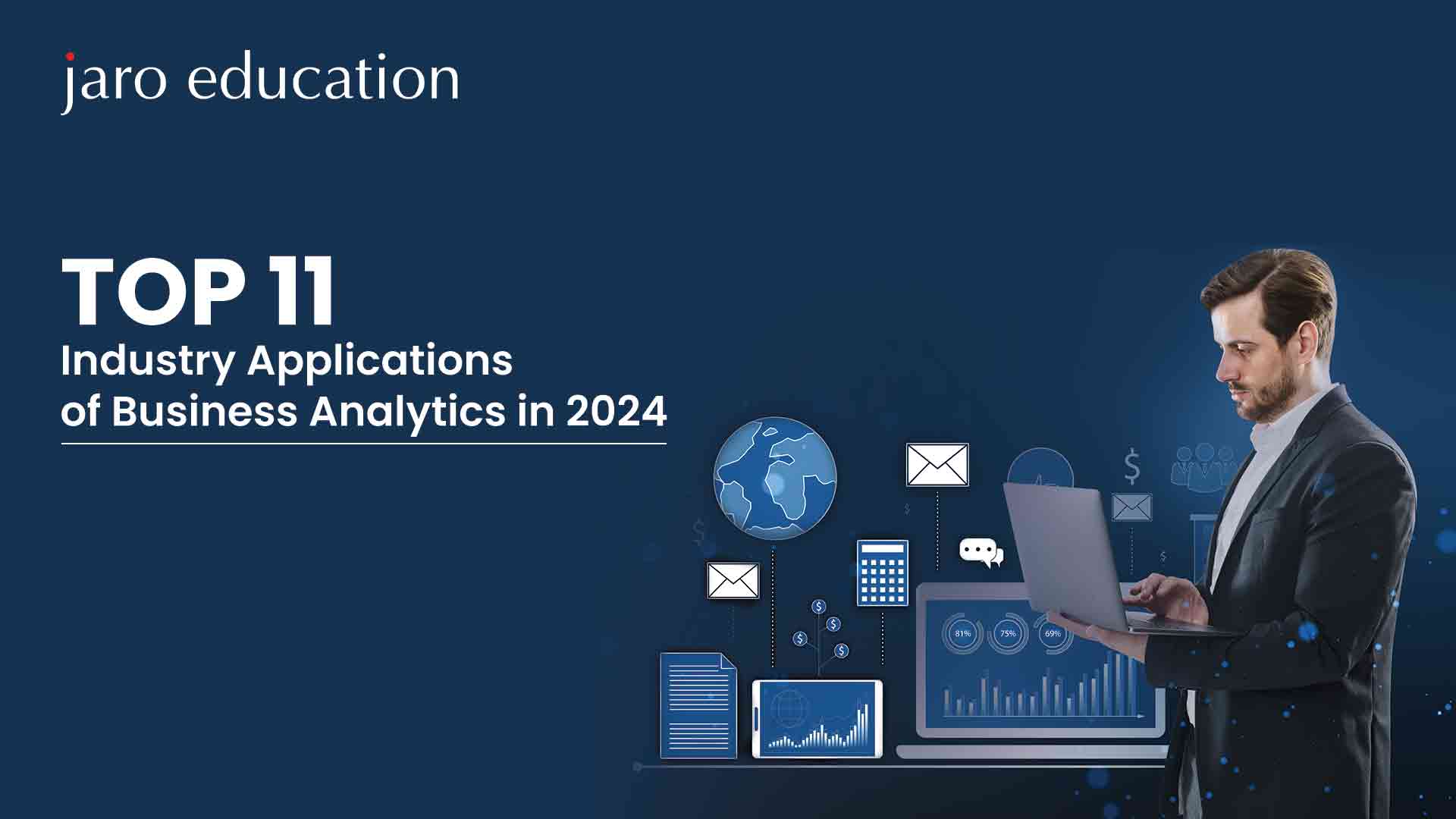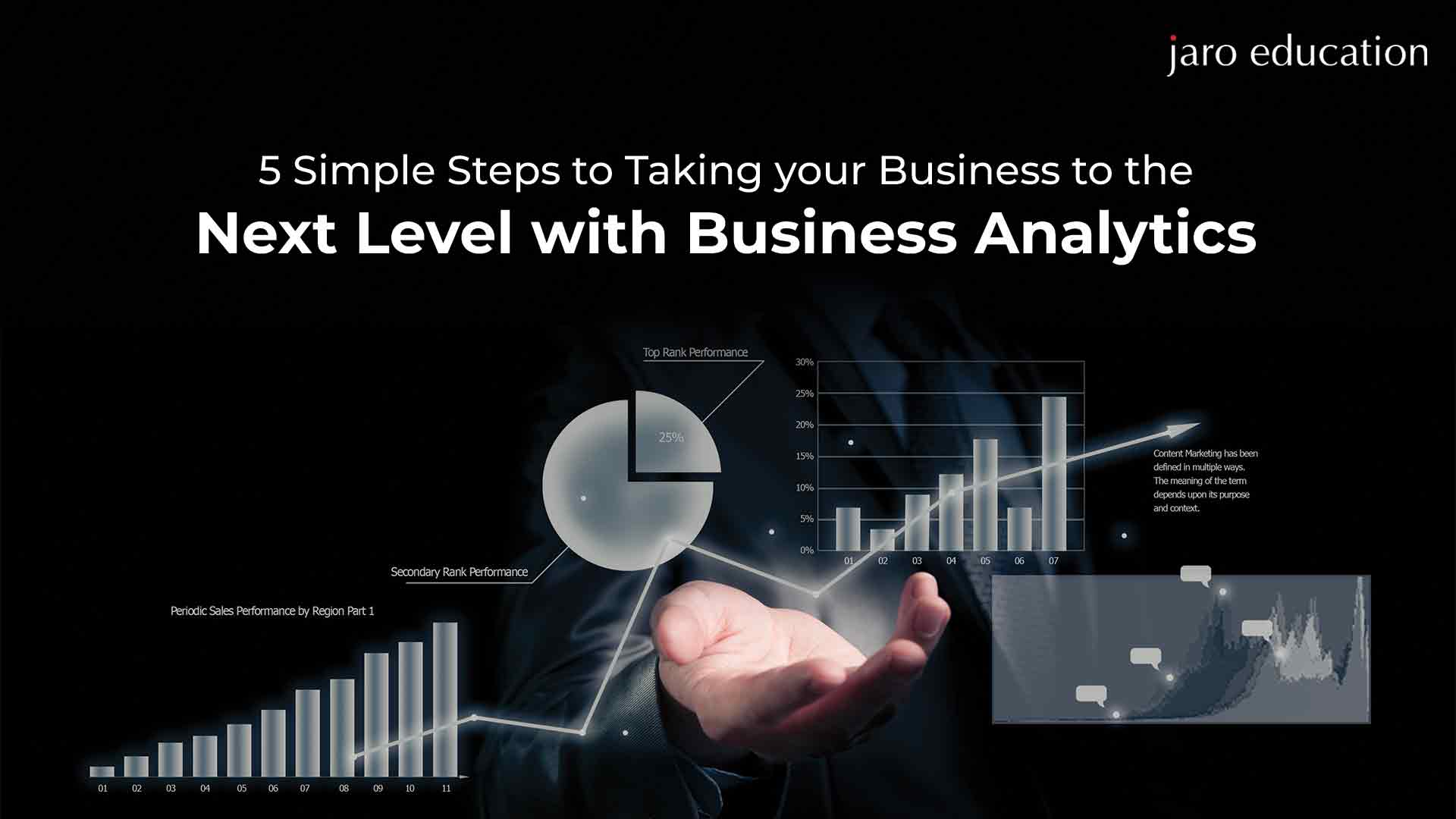Big Data, Big Opportunities: SSODL's MBA in Business Analytics Exposed
Table of Contents

The volume of data generated worldwide today is endless, and it is evident that this data can be highly beneficial for businesses. According to a report by Exploding Topics, in 2024, approximately 402.74 million terabytes (or 402.74 quintillion bytes) of data are generated each day. While data can range from simple blogs to complex Excel sheets containing employee information, what businesses value most is the ability to analyse this data effectively to drive operations. This is where Business Analytics comes into play.
In this blog, we will explore the concept of Business Analytics, careers in the field, and, most importantly, programs that can elevate your expertise, such as an MBA in Business Analytics from Symbiosis School of Online and Digital Learning (SSODL).
What is Business Analytics?
In simple terms, Business Analytics involves analysing a company’s past performance to gain insights that guide future operations in the most efficient way. It encompasses the skills, technologies, and practices used to achieve this goal. Often, Business Analytics is defined as data analytics that helps foster business growth. It heavily relies on predictive modelling, analytical modelling, and numerical analysis to drive business decisions. Therefore, an MBA in Business Analytics can set you on the path to leadership roles in strategic decision-making within businesses.
Why SSODL?
-
- Flexible Online Learning: All lectures and activities for SSODL’s MBA in Business Analytics are delivered online, offering flexibility for working professionals with busy schedules.
- Equal Credibility as Offline Degrees: SSODL’s degrees are recognized as equivalent to traditional offline degrees, providing the same level of academic recognition.
- Access to Recorded Lessons: Missed a class? No problem! You can access recorded lessons and learn at your own pace.
- Peer-to-Peer Sessions: SSODL facilitates networking through peer-to-peer doubt-solving and discussion sessions, similar to the interaction you would experience in a traditional MBA.
Why Choose This MBA in Business Analytics?
Well-designed Purpose
Designed for individuals aiming to enhance their strategic intelligence and build a remarkable corporate career, this MBA equips students with the skills and knowledge needed to understand the various types of business analytics and become effective leaders in today’s business world.
Affordable Fees
The UGC-recognized and AICTE-approved MBA in Business Analytics is available at an affordable fee of INR 3,00,000/- for the entire programme. This is considerably lower than similar MBA programmes. Moreover, the option for easy EMI payments ensures no financial strain.
World-standard Curriculum
The curriculum is developed by experts from the top 10 Symbiosis institutes in India, ensuring that the syllabus meets the latest industry standards.
MBA Business Analytics Syllabus
The MBA Business Analytics syllabus typically covers key subjects that help students gain proficiency in data gathering, decision-making, and driving organizational efficiency. Some of these subjects include:
- Data Management and Big Data: Learn about storing and retrieving data using technologies like Hadoop, Spark, and NoSQL databases.
- Financial Analytics: Master techniques for analysing financial data and making informed financial decisions.
- Marketing Analytics: Understand consumer behavior through analytics, and assess digital campaigns and customer engagement metrics.
- Operations Analytics: Use analytics to optimize supply chain operations, logistics, and operational efficiency.
- Business Communication: Develop the ability to communicate insights to stakeholders using data visualisation and storytelling techniques.
- Case Studies and Practical Applications: Apply skills in real-world settings through case studies, industry projects, and internships.
Careers after an MBA in Business Analytics
Graduates of the Masters in Business Analytics from Symbiosis will be equipped with the necessary skills and knowledge to take on challenging roles across various industries. Potential career options include:
- Data Analyst: Analyse data to extract insights that benefit business operations.
- Data Scientist: Use data to improve business decision-making processes.
- Analytics Consultant: Provide data analytics and business intelligence support to help organizations make strategic decisions.
- Research Analyst: Gather and analyse data, producing reports to recommend process improvements.
- Management Trainee: Work closely with top management to train for a future leadership role.
- Business Analyst: Evaluate past business performance to inform future business planning.

*GetMyUni
MBA Business Analytics Salary
Given the advanced roles in this field, graduates of the MBA in Business Analytics can expect lucrative salaries. The MBA Business Analytics salary typically falls between INR 7–35 lakhs per year, depending on the role, experience, and industry. Junior roles typically offer salaries at the lower end of the spectrum, while experienced business analysts tend to secure much higher-paying positions.
Is SSODL’s Online MBA in Business Analytics Your Fit?
Are you passionate about analysing data and aiding decision-making? Whether you are a fresh graduate or a seasoned professional, SSODL’s Masters in Business Analytics will help you grasp the various types of business analytics, their functions, and how to advance your career in this dynamic field. The programme is open to all graduates with a minimum of 50% marks, so if that’s you, go ahead and enrol!
Final Thoughts
Business Analytics is fundamentally shaping the way businesses make decisions today. Almost no modern business can operate effectively without leveraging business analytics. This makes an MBA in Business Analytics an incredibly valuable qualification in the near future, providing you with the opportunity to lead this transformation.
What are you waiting for? Enrol in SSODL’s MBA in Business Analytics today and drive business growth through data!
Frequently Asked Questions
An MBA in Business Analytics is a specialised postgraduate programme that combines business management principles with advanced data analytics techniques. The course focuses on equipping students with the skills to analyse and interpret complex data, make strategic decisions, and solve business challenges. It covers subjects like big data management, predictive modelling, financial analytics, marketing analytics, operations analytics, and business communication. Graduates are prepared for leadership roles in data-driven decision-making.
Yes, an MBA in Business Analytics is worth pursuing, especially in today’s data-driven world. With businesses increasingly relying on analytics for strategic planning, professionals with expertise in business analytics are in high demand. The degree opens up lucrative career opportunities across industries such as finance, healthcare, retail, and IT. Moreover, it provides a pathway to leadership roles in business intelligence, data science, and consulting, making it a valuable investment for aspiring professionals.
The salary for MBA graduates in Business Analytics can vary depending on experience, job role, and industry. On average:
-
- Entry-level roles such as Data Analyst or Business Analyst: ₹7–12 lakhs per annum
- Mid-level roles such as Analytics Consultant or Data Scientist: ₹15–25 lakhs per annum
- Senior-level roles in strategic leadership: ₹30–35 lakhs per annum or higher
Salaries tend to be higher in industries like finance, IT, and e-commerce due to the critical role analytics plays in these sectors.
The scope of an MBA in Business Analytics is vast and continuously expanding. Graduates can pursue roles in:
-
- Data Analytics and Business Intelligence: Helping organizations derive actionable insights from data.
- Marketing Analytics: Understanding consumer behavior and optimizing campaigns.
- Financial Analytics: Managing risk and driving profitability through data-driven strategies.
- Operations and Supply Chain Analytics: Enhancing efficiency in production and logistics.
- Consulting: Advising businesses on data strategies for growth.
As businesses across industries prioritize data-driven decision-making, professionals in this field are essential for driving innovation and achieving competitive advantage.
















